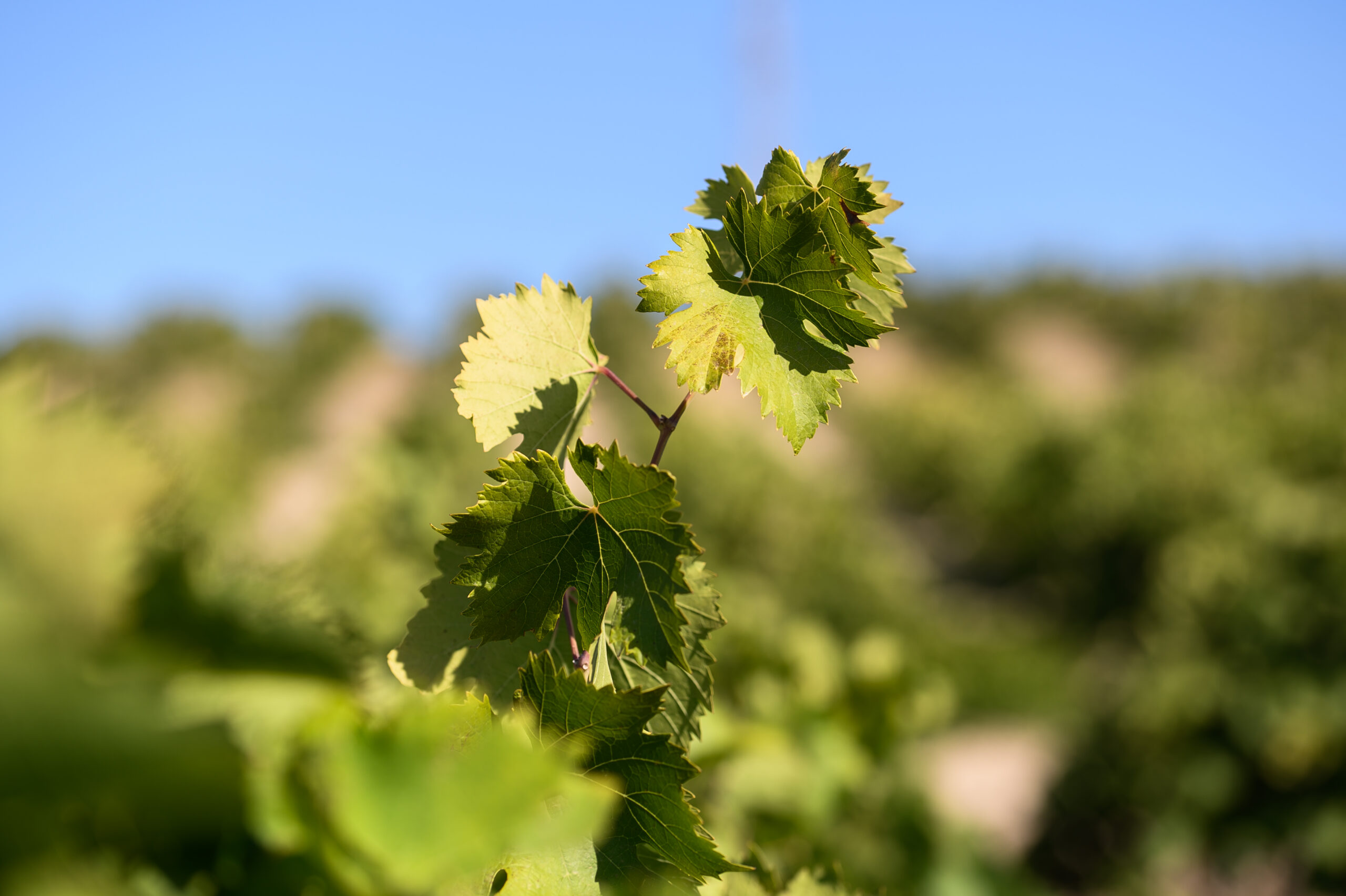
What is organic wine? How many sulphites does an organic wine contain? What is the difference between an organic and a natural or biodynamic wine?
In this article we will try to answer these and other questions.
Let’s begin.
What is organic wine?
A wine is defined as organic when it comes from 100% organic grapes, and when vinification in the cellar takes place with the use of certified organic oenological products. The grapes, in order to be organic, must be grown without the use of synthetic chemicals during the cyclical phases of the vineyard.
Who determines that a wine is organic? To be defined as organic, a wine must be certified by authorised control bodies. Our wines, for example, are certified by CCPB, a certification and control body for agri-food products from organic, environmentally friendly and sustainable production.
How many sulphites does an organic wine contain?
An organic wine differs from a conventional one not only in the practices and products used in the vineyard and cellar, but also in the limited use of added sulphites.
Why do we talk about ‘added’ sulphites? Sulphites exist naturally in wine. They are formed during fermentation, when the yeasts transform the sugar in the must into alcohol, spontaneously generating sulphites.
Added sulphites, on the other hand, are added at various stages of the vinification in the cellar with the aim of reaching stabilization in the wine.
How limited is the use of added sulphites? In an Italian organic wine it is possible to add up to a maximum of 100 milligrams per liter for red wines, 150 for white and rosé wines; for a non-organic wine 150 for red wines and 200 for white and rosé wines.
What is the difference between an organic wine and a natural or biodynamic one?
A natural wine is produced following regulations shared by private producer associations. The basic principle is to intervene as little as possible during all stages of production, trying to follow the cycles of nature.
A biodynamic wine is obtained, as with organic wines, without the use of chemical products and fertilisers. In the production of this type of wine, however, the phases of the moon and the position of the planets are taken into consideration. This is because the biodynamic cultivation philosophy sees the earth as part of the universe and therefore subject to cosmic laws.
Biodynamic wines are exclusively certified by Demeter, a private label granted by a German multinational company.
Unlike a natural or biodynamic wine, which refer to certifications issued by private bodies, an organic wine is certified by an official public body.
The Sicilian organic wines of Baglio DiAr
In producing our organic wines, we strive to follow the highest principles of environmental sustainability, both in the vineyard and in the cellar.
In the vineyards, for example, we reduce water wastage by up to 50% through the use of drip irrigation systems. In our rows we fertilise with winemaking waste and we practice green manure.
Green manure consists of planting pure grasses or a mix of different grasses; once they have grown, they are buried and absorbed by the soil.
This brings organic matter and nutrients to the soil, improves its structure and water-holding capacity, as well as protecting it from erosion and overheating (a usual risk in our areas during the summer season), combating pest infestations and promoting biodiversity.
In the winery, we optimise water’s usage in our cleaning processes, and embrace a broader principle of sustainability in our packaging as well, by reducing the weight of each glass bottle to minimise carbon emissions during transport, and opting for recyclable materials.
